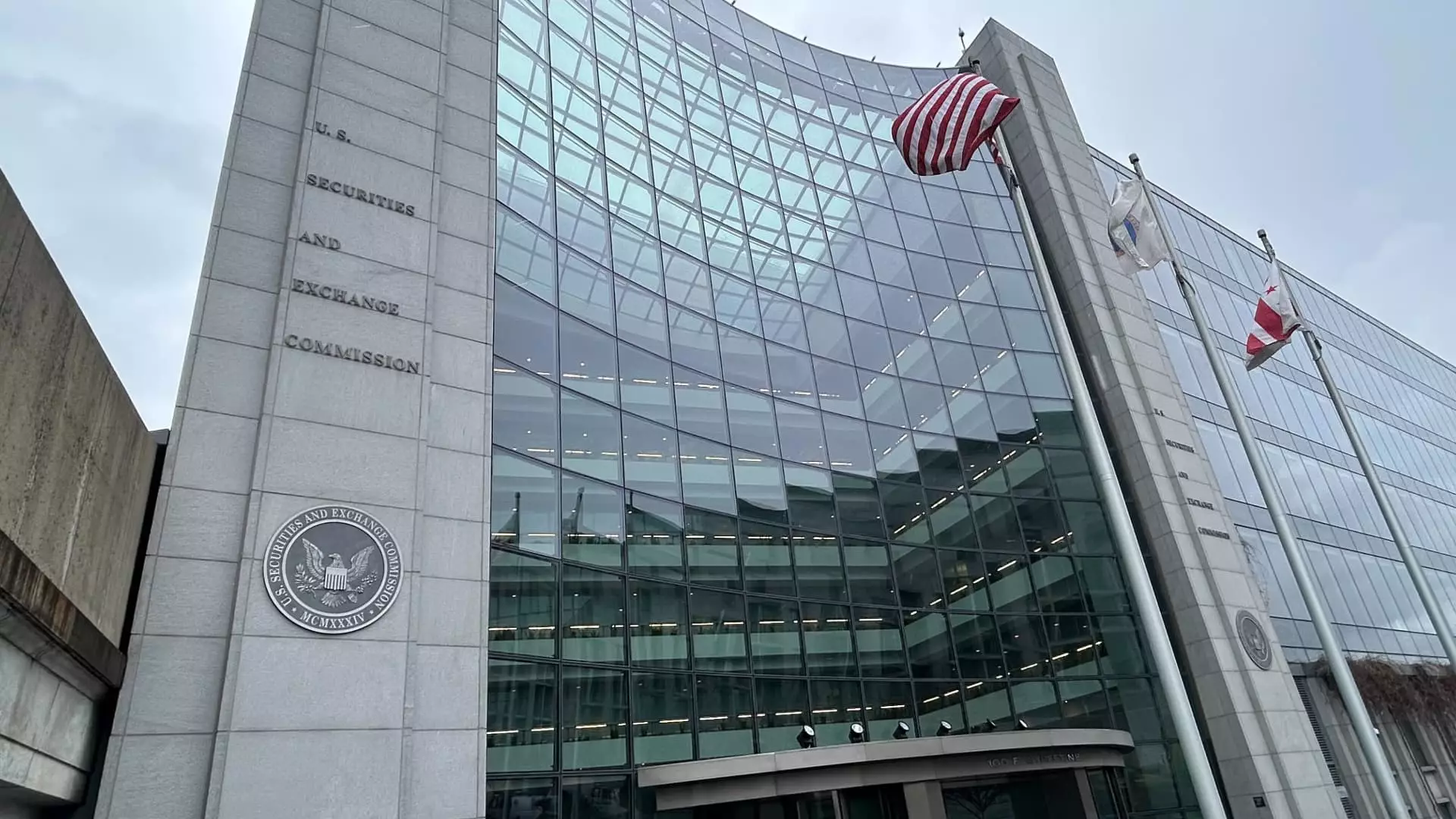The U.S. Securities and Exchange Commission (SEC) is grappling with a troubling crisis as it witnesses an alarming exodus of experienced personnel. More than 600 employees, making up over 12% of the agency’s workforce, have opted to resign amid significant pressure from President Donald Trump and Elon Musk’s aggressive restructuring agenda. This mass resignation is not merely a statistic; it represents a substantial reduction in the agency’s oversight capacity, which is essential for maintaining market integrity and protecting investors. The implications of this staff upheaval could resonate for years, crippling the SEC’s ability to effectively enforce securities laws and potentially leading to a resurgence in malpractices that the agency has long sought to mitigate.
The Twisted Fate of Regulatory Oversight
By incentivizing departures, Trump aims to streamline what he perceives as a bloated government, but this perspective ignores the vital role played by regulatory bodies. Each departure from the SEC threatens to diminish its institutional knowledge and diminish its capability to respond to market abnormalities swiftly. Departments like the Division of Enforcement, which serve as the frontline in detecting and addressing malfeasance, are now left vulnerable, lacking the seasoned professionals who once ensured checks and balances. This trend raises profound concerns about investor protection and market stability—pillars of economic trust that should remain robust and resilient.
Funding Cuts or Future Building? The Question Lingers
Neoliberal reforms often advocate for minimizing government intervention, presupposing that a free market will regulate itself. However, this ideation fails to comprehend that effective regulation is indispensable for cultivating a healthy economic environment. The exodus of professionals—especially lawyers and enforcement personnel—might save expenditure in the short term, but this myopic approach risks paving the way for long-term financial crises. Furthermore, the hefty price of such deregulation could ultimately be borne by average investors, who may find themselves exposed to greater risks as oversight wanes.
Mark Uyeda’s Dilemma and the Future of the SEC
Acting Chairman Mark Uyeda’s leadership is now more crucial than ever as he navigates these murky waters. With the impending nomination of Paul Atkins, who is expected to echo similar deregulatory sentiments, the agency appears headed toward a cultural shift largely at odds with its historical mission. Furthermore, the SEC’s rank-and-file morale is likely suffering under the specter of uncertainty surrounding personnel changes and the agency’s strategic direction. The potential for office closures and reallocation of priorities will likely exacerbate discontent in a workforce that feels undervalued and precarious.
The Cost of Voluntary Departure
While incentives for early retirement and resignations might seem attractive, they can foster an environment of mistrust among remaining employees. Many SEC workers face the terrifying uncertainty of decreased job security, leading to speculation and anxiety about the agency’s future. An illusion of stability is quickly being dismantled, leaving a looming shadow over the integrity of one of America’s most crucial financial watchdogs.
As we look forward, it is essential to foster substantive discussions around the implications of these moves. Fewer regulators do not equate to a more efficient regulatory environment; instead, it may unravel the very fabric of investor protection that is the SEC’s foundational goal.

